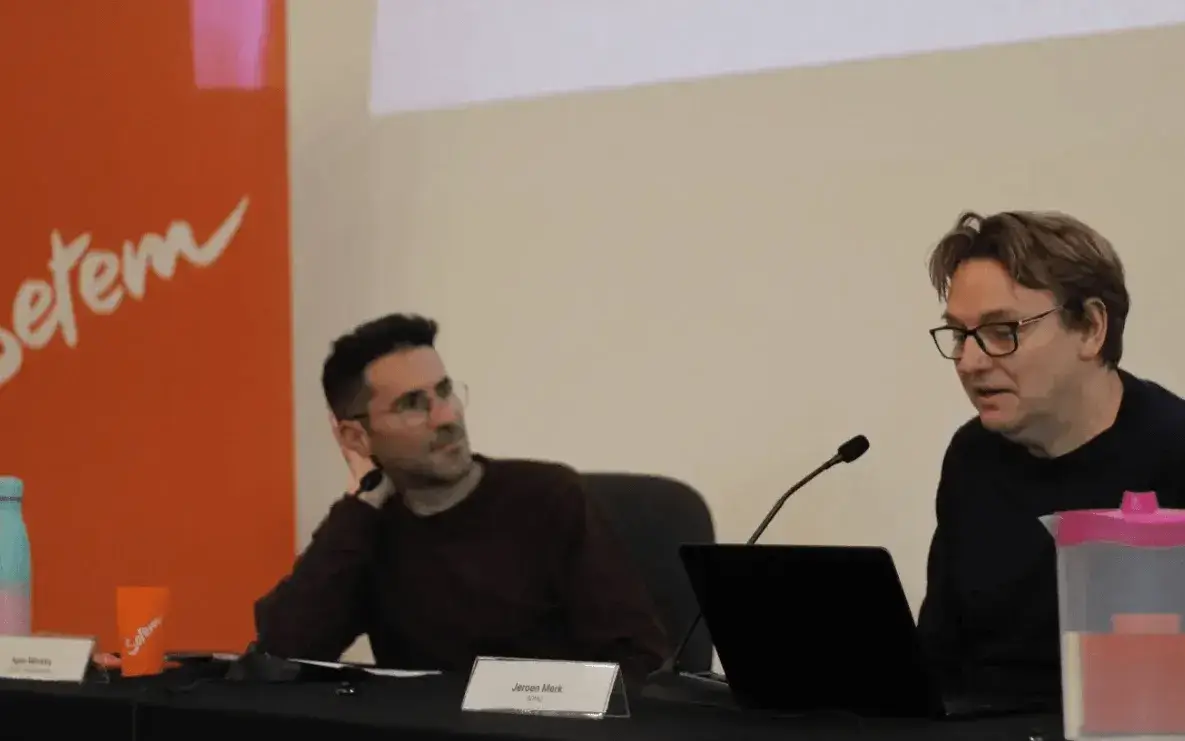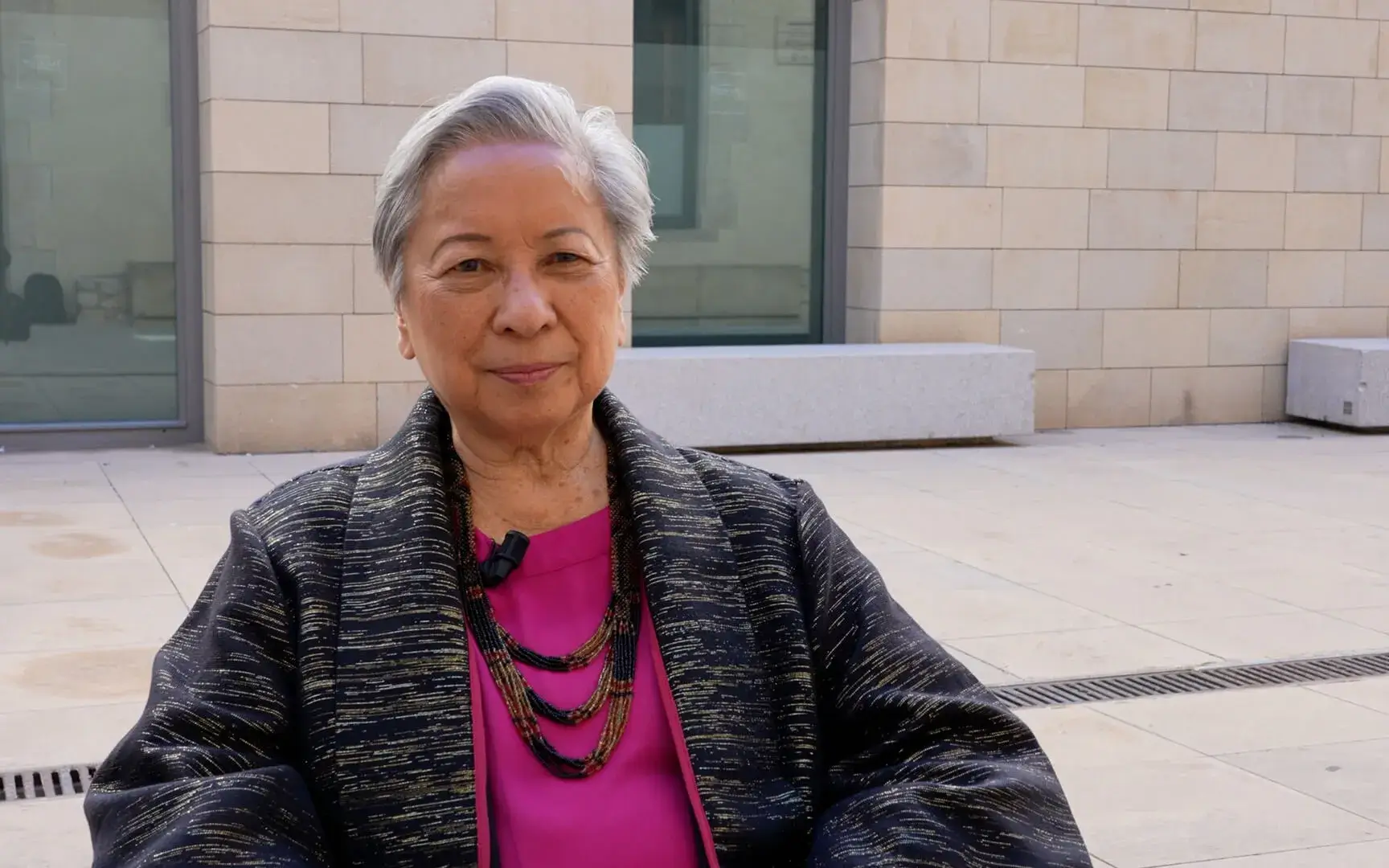Setem Catalunya dedicates the first table of the Mobile Social Congress to talk about the violation of rights in the first link of the production of our mobile phones.
The right to have a regulated contract, the right to associate, the right to know what chemicals they use and what their effects are, the right to a fair trial, the right to freedom of expression and the right to life . These are some of the rights that workers in the electronics industry in the Philippines see violated , denounced at the first table of the Mobile Social Congress , organized by Setem Catalunya , which wanted to focus on the first link of production in the supply chain of our mobiles.
Kamz Deligente , from the Center of Trade Union and Human Rights (CTUHR) , has criticized the unworthy conditions in a sector that accounts for almost 65% of the country's exports.
"They have temporary contracts, sometimes only verbal", "they are forced to continue working under the threat of not renewing the contract", "they cannot rest or spend time with family" and "they are punished if they organize in unions," he said. There have even been extrajudicial killings of trade unionists and workers, he reports.
Nadia De Leon , of the Institute for Occupational Health and Safety Development (IOHSAD) , adds that, although they have achieved improvements, there is still a lack of safety conditions and that "many deaths could be prevented". Last year, in six weeks, 12 deaths were recorded, he explains, adding that in some cases there is no protective equipment, laws are not followed and compensation is not claimed.
Red-tagging and the anti-terrorist law
On the other hand, Czarina Musni , human rights defender and lawyer, has denounced the attacks suffered by human rights defenders and workers who defend their rights in the Philippines, one of the countries that tops the list with the largest number of assaults
'Red-tagging' is the term used to refer to this labeling which is used by the authorities systematically in your country. Dissident voices from communist groups and terrorists are labeled through propaganda, and "thereby become easy targets for the government's military units."
Within this labeling are, as the United Nations special rapporteur observed, lawyers, trade unionists, student groups or agrarian reform advocates.
This leaves people like Musni facing stigma, surveillance, cyber-attacks, judicial harassment, police arrests and, in some cases, extra-judicial killings. Some cases that are not exceptional, alert. "There are hundreds of cases. After being tagged and watched, you either end up in prison or you end up dead," Musni said, citing a long list of murdered people such as Zara Álvarez, Randy Echanis or Dandy Miguel.
In addition, this labeling has moved to the legal plane with the anti-terrorism law , which "is used against people who defend their rights".
"Join to revoke this law and stop the attacks on human rights defenders," concluded Musni, encouraging the attendees to collaborate in the fight.
In this sense, the moderator of the Table, Marta Ribera , technician of the DESC Observatory , has stressed the need for this "dual" work from the ground and from Catalonia to support and to know what is behind our devices







Add new comment